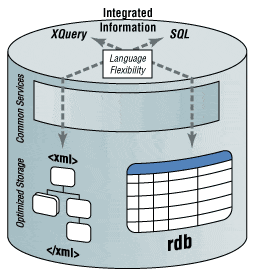-
simplified Chinese character -
Simplified Chinese English
Shangpin China Joins Hands with Beisheng Internet to Create a New Chapter in Website Construction
Classification of relational data languages

Station building process
-
Website requirements -
Website planning scheme -
Page design style -
Confirm delivery for use -
Data entry optimization -
Program design and development -
Follow up service -
contact number 010-60259772
Hot tags
-
Website construction -
Food website construction -
WeChat applet development -
Applet development -
Wuxi website construction -
Website construction of research institute -
Shenyang website construction -
Langfang website construction -
Zhengzhou website construction -
Construction of wedding photography website -
Mobile terminal website construction -
University website production -
Tianjin website construction -
Education website construction -
Brand website construction -
Government website construction -
Beijing website construction -
Website Design -
Website production
Latest articles
-

Website construction scheme: Fresh makeup aesthetics website Type: website construction 2025-03-13 -

Enterprise website construction plan: create a new business card for the network and open the digital future Type: website construction 2025-03-11 -

High end website production solution Type: website construction 2025-02-18
Recommended News
-
Basic process of website construction Website construction is not very complicated, but it is not easy to create a well planned website. Make 2020-10-10 -
Weight ratio of internal elements of website under comprehensive analysis Many webmasters believe that the external chain of Beijing website construction is appropriate enough, and the ranking will certainly advance by leaps and bounds. For this 2013-11-13 -
How to Make Beautiful Web Pages Part One: Web Page Skills in Web Site Making I believe that all netizens will see many unique designs, innovative ideas and page lures when surfing the Internet heartily 2013-07-20 -
What details should be paid attention to in the construction of customized high-end websites? How to do a good job in high-end customized development of enterprise websites in the Internet wave of marketing websites flying everywhere? How to judge 2021-05-12 -
Three important data that we tend to ignore in CNZZ data in the background Talking about the three important data that we tend to ignore in the background CNZZ data as SEO website optimization personnel 2013-01-31 -
How to Improve Website Features in Website Construction The spread of the network has made the website construction very extensive, but in the construction of websites for so many years, more and more 2022-05-14
Make an appointment with a professional consultant to communicate!
Disclaimer



